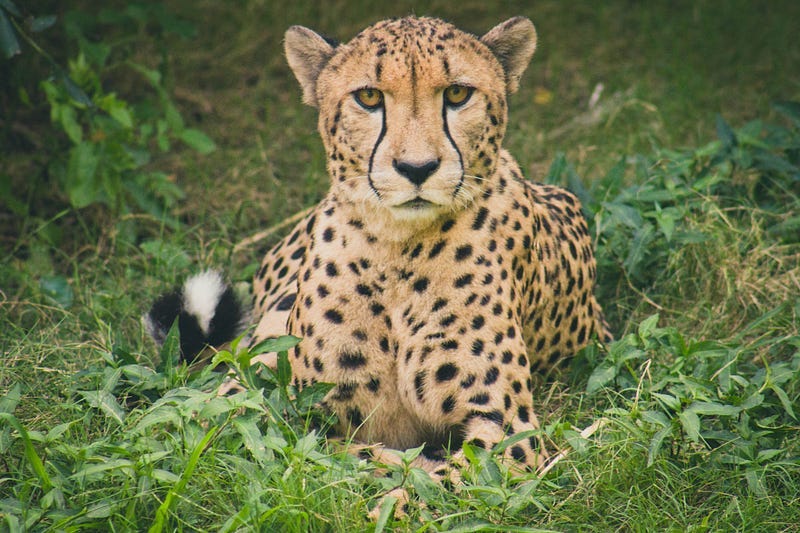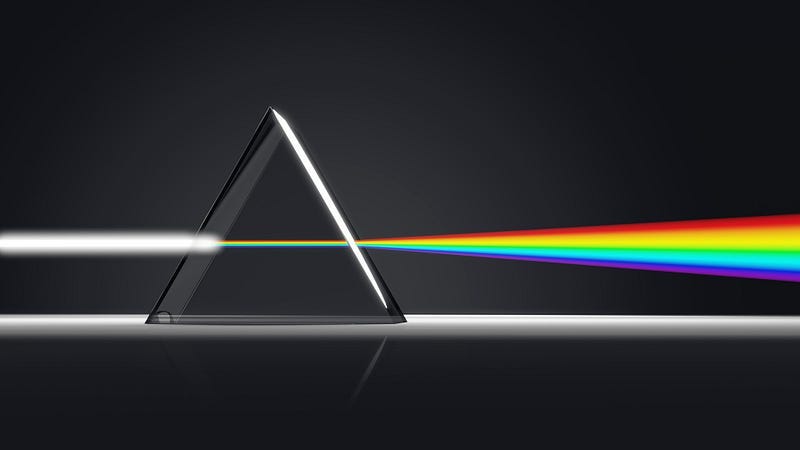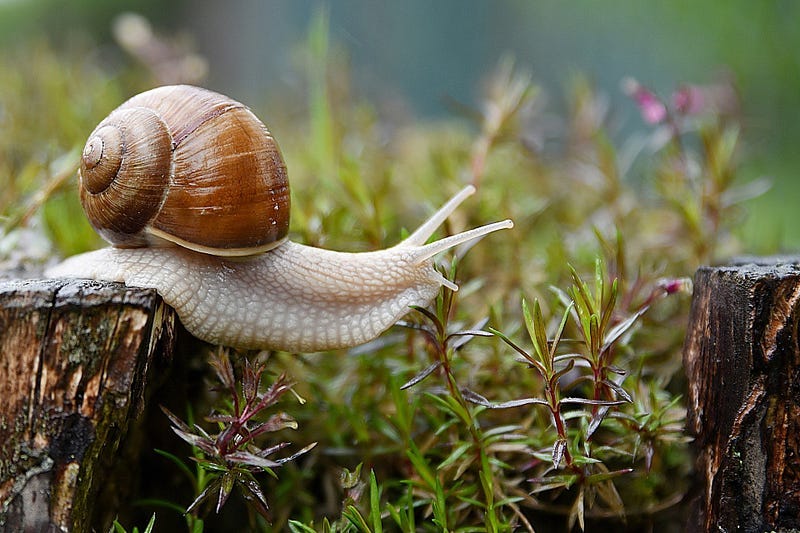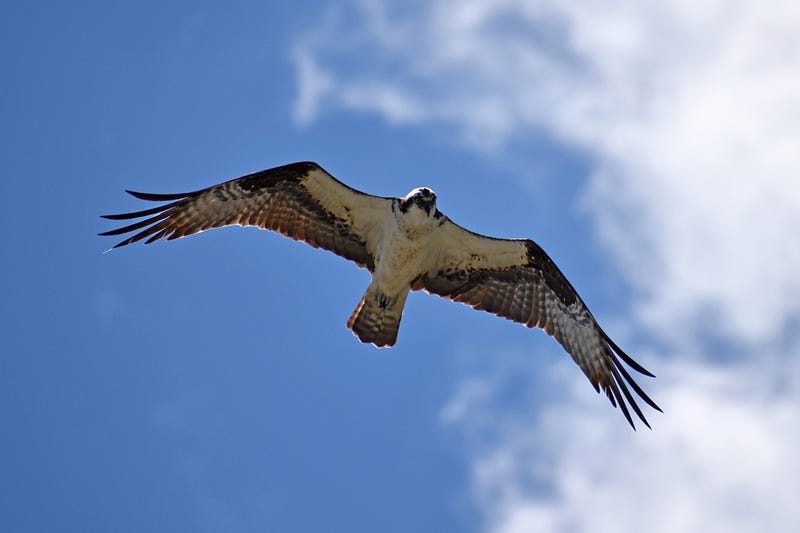From Snails to Light Speed: Exploring the Extremes of Motion
We sometimes use the phrase "as slow as a snail."
British spelling.
The common garden snail has a top speed of roughly 1 metre per hour (about 3.3 feet per hour).
If it maintained that speed in a straight line for around 40 days, it would travel approximately 1 kilometre (0.62 miles).
The Jamaican sprinter Usain Bolt achieved the fastest running speed ever recorded by a human; for a few seconds, he reached a top speed of over 44 kilometres per hour (about 27.3 miles per hour).

The African cheetah holds the record for the fastest speed of any land animal; during a chase, it can reach speeds of over 120 kilometres per hour (about 75 miles per hour).
As of 2025, the Koenigsegg Jesko Absolut is arguably the world’s fastest production car, capable of achieving a top speed of 330 kilometres per hour (approximately 210 miles per hour).
In a dive, the peregrine falcon can reach an incredible speed of over 320 kilometres per hour (about 200 miles per hour).
Now let’s ramp up the speed. The Lockheed SR-71 Blackbird aircraft can fly at over 3,500 kilometres per hour (around 2,175 miles per hour).
To escape Earth’s gravitational pull and travel through space, a spacecraft needs to reach an escape velocity of about 40,000 kilometres per hour (roughly 24,855 miles per hour).
In 2024, the fastest speed ever recorded by any spacecraft was achieved by the Parker Solar Probe. It reached an astonishing speed of almost 690,000 kilometres per hour (about 430,000 miles per hour) as it passed close to the Sun in its elliptical orbit.

We are all on the same journey through space, circling our nearest star, the Sun, at roughly 110,000 kilometres per hour (about 68,000 miles per hour), and we don’t even notice it.
Those speeds may seem incredibly fast to us, but in the grand scheme of the universe, they are not.
All of them are insignificant when compared to the maximum speed possible in the universe: the speed of light, which is 1,080 million kilometres per hour (about 671 million miles per hour).
The end.
<><>
In Knowledge Sponge, I’ll be diving into the wonders of the universe and life through a series of engaging and thought-provoking short stories.



